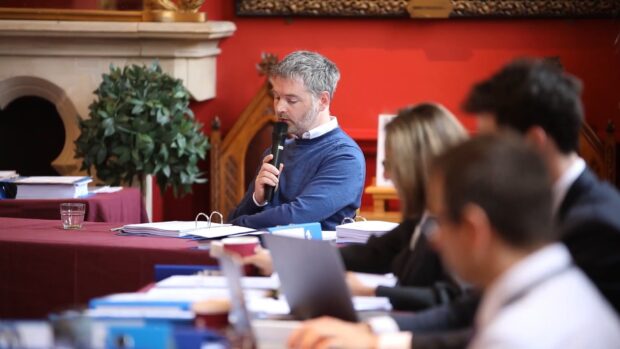
The role of the expert witness, when carried out well, is vital to the smooth and successful running of planning appeals. Rebecca Phillips, the Planning Inspectorate’s Interim Chief Planning Inspector tells us how to be the most effective expert witness for everyone’s benefit.
I was delighted to take part in a panel discussion at the recent annual Planning & Environment Bar Association (PEBA) conference to offer my thoughts on the inquisitorial role of Inspectors and the role of professional experts in informing Inspectors’ decisions.
It goes without saying that Inspectors make their decisions with impartiality, however, the appeals they consider are often complex and technical and an effective witness can help to untangle that complexity and keep the event moving.
A focussed submission on the main areas of dispute is much more compelling and persuasive and gives the Inspector a better understanding of the case to make a decision or recommendation.
The Planning Inspectorate and PEBA have worked jointly to put together guidance on being an effective witness (see 3 protocols) and a good practice guide on the importance for all parties to agree a Statement of Common Ground (SoCG).
A SoCG allows opposing parties to set out the areas they agree on to keep the appeal focused on the bits they don’t.
So, based on the joint Planning Inspectorate and PEBA guidance here are my top tips on what Inspectors are looking for from experts giving evidence.
- it may sound obvious but focus on the issues in dispute – work to narrow those issues
- use the SoCG to work proactively with the opposing party to narrow those issues – use a topic-specific SoCG where helpful
- highlight the areas of agreement/disagreement on technical studies – be prepared to be asked about the underlying assumptions or methodology which supports the findings
- aim for conciseness in written submissions and when providing testimony as an expert
- focus expert witnesses on those areas of disagreement – are they subjective or technical reasons for disagreement? Help the Inspector know which it is and why
- don’t try and defend the indefensible – if there is harm (for example, green belt or heritage harm) say so and address potential harm findings
- act within your professional code of conduct
- play nice – be respectful of the Inspector, counsel and other witnesses.
Find out even more about being an expert witness in our Presenting your evidence webinar
Leave a comment